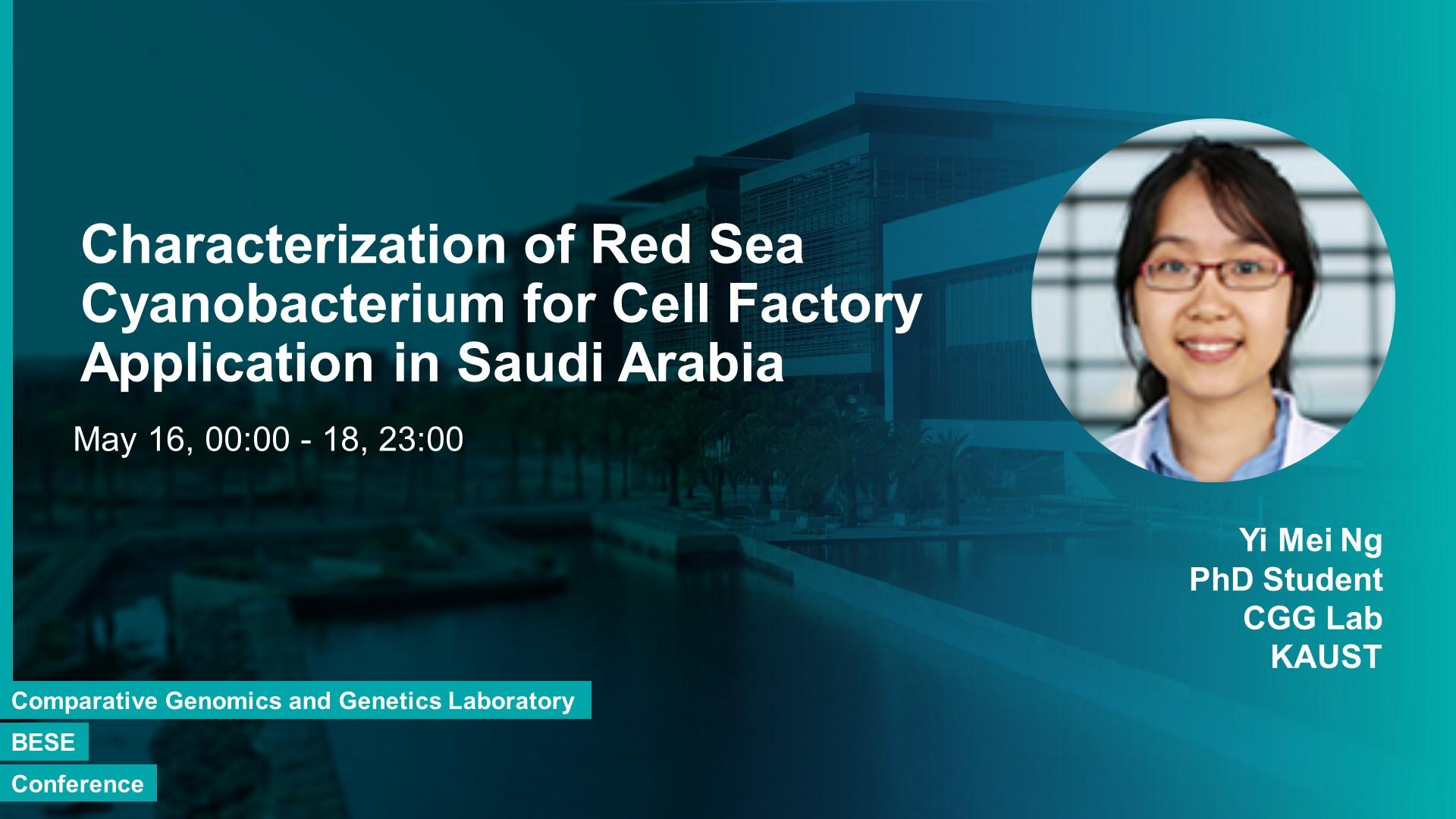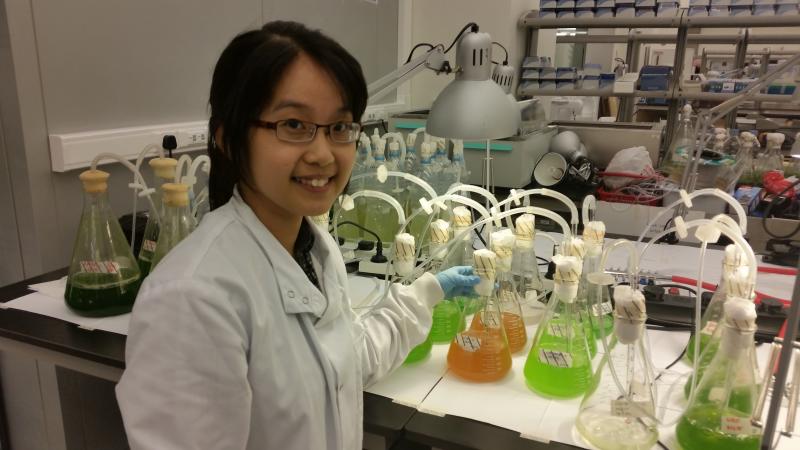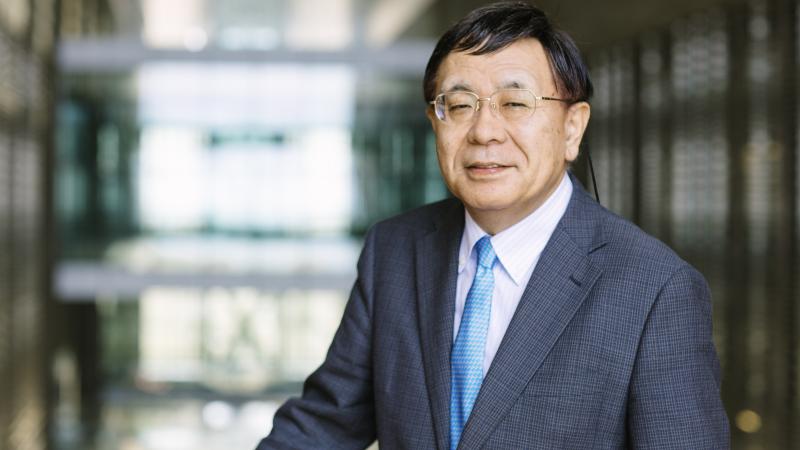Event Start
Event End
Location
Abstract
The use of photosynthetic cells as a platform for bio-manufacturing is gaining interest as it promises to deliver a sustainable, carbon-neutral production system for biomass-derived chemicals, fuels, and foods. Saudi Arabia, in particular, is an excellent place for the deployment of photosynthetic cell factory as algal biotechnology leverages the country's abundant sunlight, availability of large CO2 point source emissions and access to the Red Sea (38 – 40 PSU). Currently, a few model picocyanobacterial strain have been extensively studied for biofuel and biochemical production, but these strains are limited to mild temperature, light and salinity conditions and cannot operate in Saudi Arabia. Therefore, in order to develop cyanobacterial cell factory applications for the Arabian Peninsula, there is a pressing need to discover and develop strains that can thrive under extremely warm temperatures, high insolation, and high salinity. In our previous study, a native unicellular Synechococcus sp. RS227 strain isolated from the Red Sea has been identified as a cell factory candidate. Here we present a detailed physiological and biochemical characterization of RS227 to support its development as a new robust marine cell factory strain. We show that RS227 is both thermo- and light tolerant exhibiting robust growth between 30°C - 38°C and 50 - 200 µmol photons m-2 s-1. The biochemical analysis also demonstrated that RS227 produces high levels of phycocyanin when grown at low light (50 µmol photons m-2 s-1). Cyanobacterial phycocyanin has a number of commercial applications where it can be used as fluorescence marker for bioassay, natural food coloring, and potentially anti-inflammatory compound. A complete metabolic pathway for chlorophylls and phycobilins biosynthesis as well as phycocyanin-coding genes have been identified in the RS227 genome for prospective metabolic engineering work. In summary, our overall quantitative data indicates that Synechococcus sp. RS227 is a viable candidate for sustainable applications in the Arabian Peninsula.
Brief Biography
Yi Mei Ng is a Ph.D. candidate at King Abdullah University of Science and Technology under the co-supervision of Dr. John Archer and Prof. Takashi Gojobori. She obtained her BSc degree from Monash University, Malaysia and MSc degree from King Abdullah University of Science and Technology. Her research interests include investigating and optimizing the physiology and molecular biology of new cyanobacteria strain to support its development as a new marine cell factory strain.


